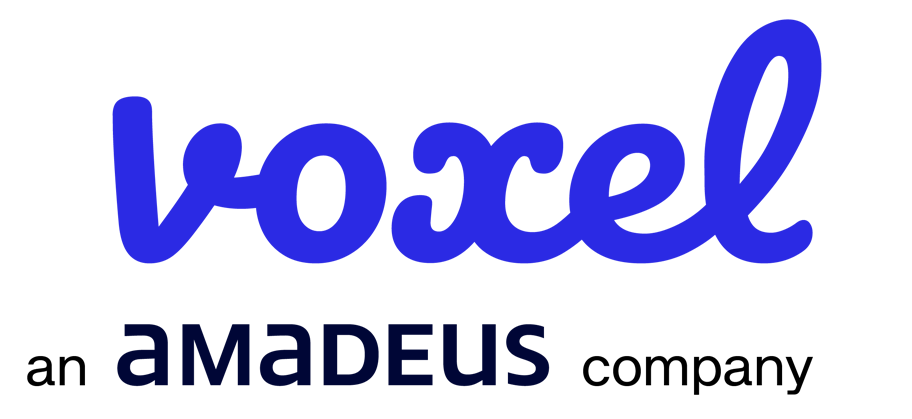
Electronic invoicing guide
Colombia

Digital reporting requirements
Clearance.
Obligatory
Mandatory for B2B, B2C, B2G, with specific requirements for the healthcare sector involving the integration of RIPS data.
Authority
DIAN – Dirección de Impuestos y Aduanas Nacionales (National Tax and Customs Directorate).
Platform
DIAN Platform
RADIAN is the DIAN’s platform for electronic invoices used for factoring and for asset-backed securities.
Format
UBL 2.1 CO.
Storage time
5 years.
Reporting and processes
Reporting
This country has no reporting obligations.
Processes
A consecutive numbering system must be used, which must be requested from the DIAN prior authorisation as an issuer of electronic invoices. The DIAN assigns the ranges and the technical control key required to generate the Unique Electronic Invoice Code (CUFE). This code enables the invoice to be uniquely identified and guarantees data integrity. The CUFE is encrypted using an SHA384 algorithm and is composed of the concatenated data of the invoice plus the technical key.
The taxpayer must submit the electronic invoice in XML format for prior validation by the DIAN. Until this is granted, which is done live, the electronic invoice is not valid for the liquidation or for the tax return, and no goods can be shipped.
The invoices submitted will be in XML format, including the company’s digital signature, a unique electronic invoice code (‘CUFE’) and a QR code. Invoices can be sent to the DIAN in three ways:
- Using the free DIAN upload portal.
- Outsource the complete creation and presentation of electronic invoices to an e-invoicing provider authorised by the DIAN for digital certificate and electronic signature issuance services.
- Implement systems and internal control to produce secure electronic invoices.
Upon receipt of the confirmation from the DIAN, the supplier can send the approved invoice to his customer in XML and PDF format.
The process itself is as follows:
- An XML is generated within the ERP with the information required by the Colombian Tax Authorities.
- The XML is then signed with the Digital Certificate. This process encrypts that XML structure and creates the Unique Electronic Document Key (CUDE) or Unique Invoicing Key (CUFE). A document up to this point is not an invoice.
- The signed XML is sent to the PT (Technology Provider), who receives it, validates the XML data against the CUFE/CUDE, ensures that both the recipient and the issuer of the invoice are valid entities and that the information contained in the XML is accurate, correct and valid.
- The PT reports the transaction to the tax authorities.
- The tax authority receives the document and registers it. DIAN assigns a number from the pre-approved numerical range.
- The PT notifies the Issuer that the document has been duly registered.
- The XML is delivered to the issuer; depending on the PT, a printed PDF representation can also be delivered.
Upcoming legislative changes
The DIAN has proposed changes to electronic invoicing requirements, focusing on simplifying purchaser identification and improving public utility service invoicing.
Key changes include: limiting required purchaser data to three items, implementing a technological mechanism for data autocompletion, restricting invoice content for public utilities, and allowing a 48-hour window for DEE transmission in case of connectivity issues.
Links of Interest and documents
https://www.dian.gov.co/
Documents
Since 2019, electronic invoicing has been mandatory for all companies with a presence in the country. Since then, the DIAN has introduced various changes to the e-invoicing system, including the introduction of new mandatory documents or the evolution of existing ones. For example, the registration of the electronic invoice as a Value Title with new types of events, or more recently, with an implementation date of 2023, the issuance of the electronic document equivalent to the electronic invoice for certain sectors of the Colombian economy.
Electronic documents:
- Electronic sales invoice.
- Report on validation of cheque books or paper invoices issued due to technological problems of the invoicing company.
- Supporting document for the electronic payment of the payroll.
- Supporting document for acquisitions with non-obligated parties.
- Documents equivalent to the sales invoice.
- Proof of import.
Equivalent electronic documents:
- Electronic document equivalent to a P.O.S. machine ticket.
- Cinema ticket.
- Passenger transport ticket.
- Extract.
- Passenger air ticket or ticket for the carriage of passengers by air.
- Localised gaming documents.
- Ballot, fraction or form in games of chance other than localised games.
- Document issued for the collection of tolls.
- Proof of settlement of the transaction issued by the exchange.
- Agricultural and other commodity exchange trading documents.
- Document issued for national public services.
- Tickets for public performances of performing arts and other public shows
- all electronic documents relevant to all taxpayers’ interactions with the DIAN.
Implementation of Electronic Equivalent Documents:
Each document had a deadline for its implementation, all of them should have been implemented by August 2024. Each document has its own technical specifications.
Do you have a specific need?
Get in touch with our team of experts to tackle legislative challenges.
- Detailed reports for any market.
- Support and advice in the implementation process.
- Electronic invoicing as the cornerstone of your company's digital transformation.

